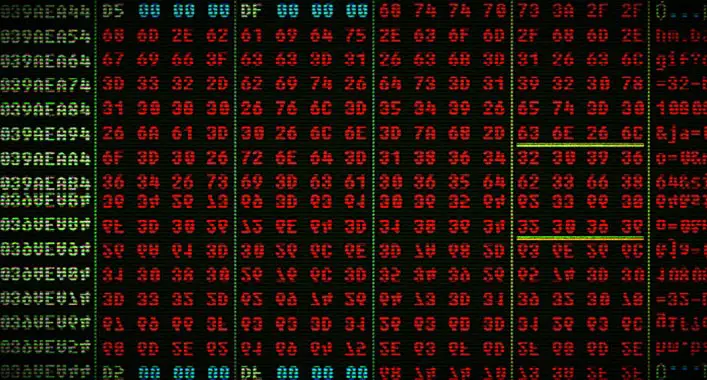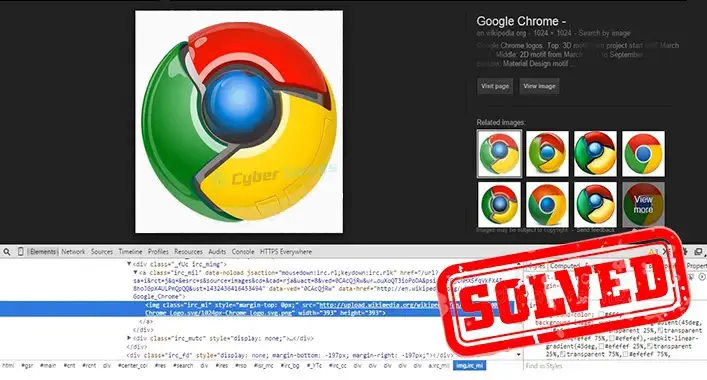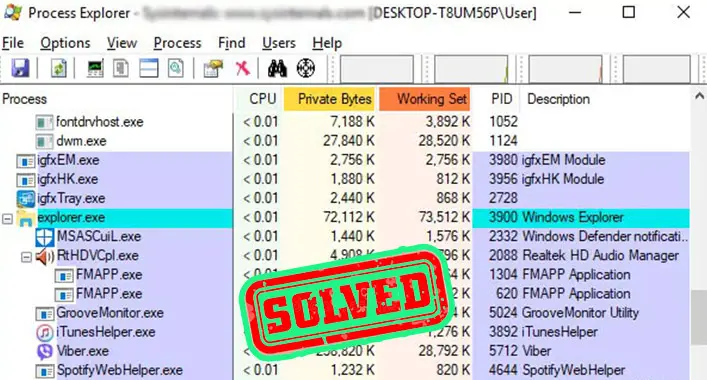[ANSWERED] Can a Motherboard Get a Virus?
It’s undeniable that the motherboard is the most vital element in any computer system. This particular component handles all the other relevant parts to operate the system at its best.
But many users find it questionable whether a motherboard can get a virus or not. To answer it simply, it can be said that the motherboard itself doesn’t get a virus, but the firmware does.
To know detailed information about motherboards getting a virus, you need to entirely read this post as we’re going to provide it in the following parts.
So, without wasting much time, let’s get started!
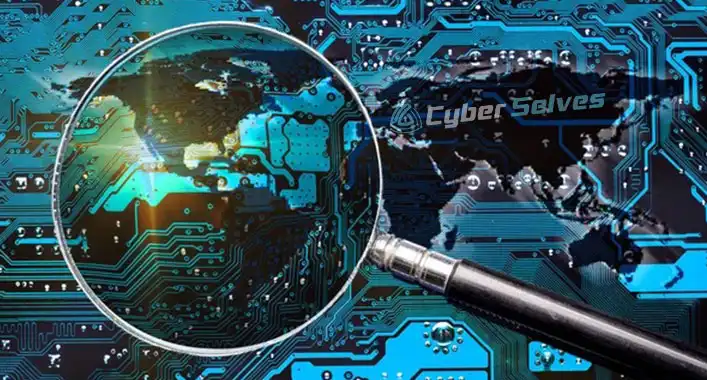
Is It Possible for a Motherboard to Get a Virus?
No, a motherboard itself cannot get a virus. A motherboard is a hardware component that connects various computer components together and offers a platform for them to communicate. It doesn’t have its own operating system or the ability to execute software. Viruses and malware primarily target software, such as the operating system and applications running on a computer.
In the case of motherboards, the computer’s BIOS stored on one of its chips is infected with viruses or malicious code. Such infections are relatively rare and require a highly sophisticated and targeted attack to accomplish.
Advanced persistent threats (APTs) or state-sponsored actors typically carry out such attacks. Once a virus infects the BIOS, it can be challenging to remove, and it can cause severe problems with your computer.
There are a few ways that a motherboard can get a virus. One way is to boot your computer from a USB drive or CD containing a virus. Another way is if you download a malicious file from the internet. Finally, it’s also possible for a virus to infect your BIOS if you have a security vulnerability in your operating system.
Frequently Asked Questions and Answers (FAQs)
Does the virus stay on the motherboard?
Most traditional viruses stay contained in files accessible to, or by, the operating system. Some viruses stay in the master boot sector of the hard drive and execute simultaneously with the operating system. But the hardest viruses to eliminate are BIOS viruses that stay in the firmware that drives the motherboard.
Does changing the motherboard remove the virus?
The answer is no. Changing your motherboard won’t make any difference such as removing the virus. You need to scan and remove them with a powerful antivirus or format the entire drive.
Can a virus completely destroy a PC?
Yes, it can. Modern viruses are so advanced and powerful that any of them are not only efficiently capable of providing cybercriminals a chance to steal your personal or confidential data and documents but also crashing your whole computer system.
Conclusion
By now, it should be clear to you that motherboards can indirectly get affected by a virus. In general, most antivirus programs don’t directly scan or protect the motherboard itself but the operating system and files stored on the hard drive. Therefore, it’s important to use a powerful antivirus that’s capable of removing viruses from BIOS firmware and to keep your operating system and the antivirus up to date.
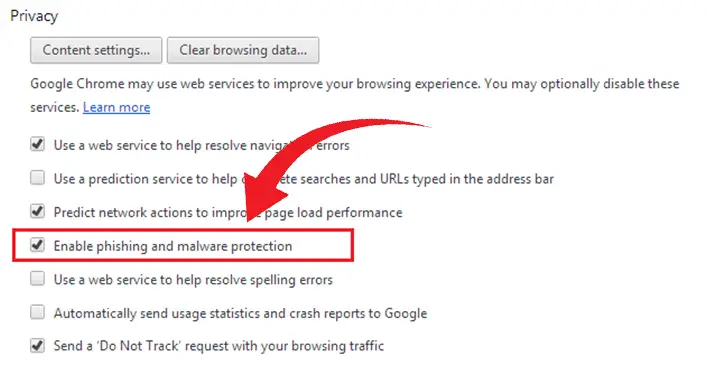
![[ANSWERED] What Is Heur AdvML B Virus?](https://cyberselves.org/wp-content/uploads/2023/08/What-Is-Heur-AdvML-B-Virus.jpg)
